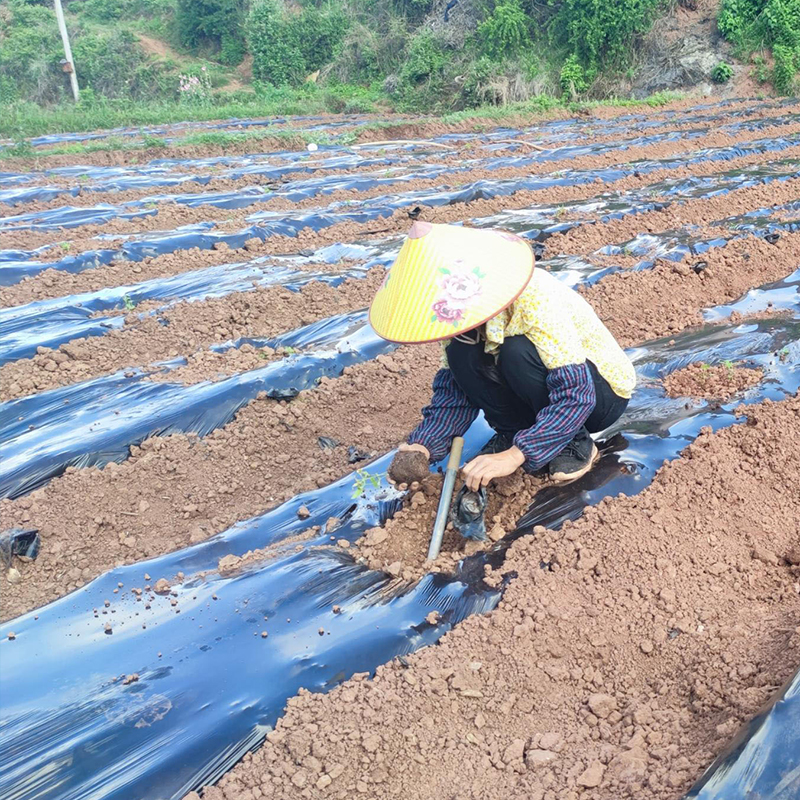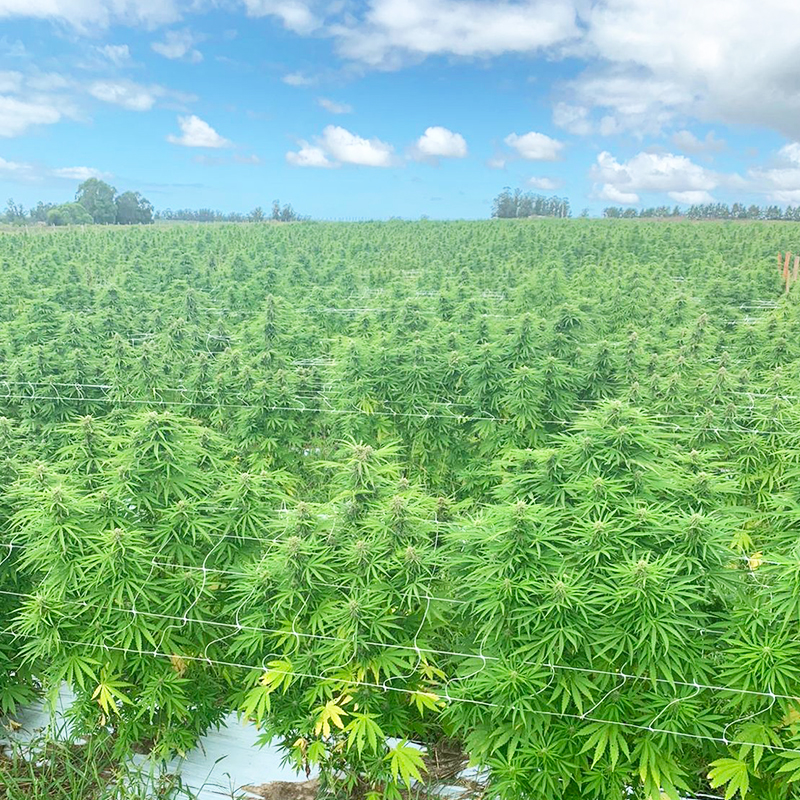🌱Organic farming is an agricultural production method that emphasizes the use of no synthetic pesticides, fertilizers, growth regulators, genetic engineering techniques, and feed additives. 🔥Its core concept is to maintain the health and productivity of agricultural ecosystems through natural processes and biodiversity.

📌The following are some key principles and practices of organic farming:
🌱No use of synthetic pesticides and fertilizers: #Organic farming avoids the use of synthetic chemicals to reduce potential impacts on the environment and human health.
🌱Soil Health: Maintain and improve soil fertility and structure through practices such as crop rotation, cover crops, composting and green manuring.💧
🌱Biodiversity: Encouraging diverse crop and animal farming to enhance ecosystem stability and resilience.
🌱Sustainable use of natural resources: Optimize the use of water and land resources, and protect biological habitats and wildlife.
🌱Pest and disease management: Adopt integrated pest management (IPM) techniques to control pests and diseases using biological control, mechanical control and cultural measures rather than relying on chemical pesticides.
🌱No genetically modified organisms (GMO): Organic farming does not allow the use of genetically modified seeds and genetically modified organisms to ensure the naturalness and eco-friendliness of the products.
🌱Animal welfare: For organic animal husbandry, animals are required to be provided with organic feed, appropriate living conditions and space to move freely, and to avoid the use of hormones and antibiotics to promote growth or prevent disease.
 🔥Organic farming not only focuses on environmental protection and sustainable use of resources, but also on #food safety and #nutritional value. ✨Through organic farming, consumers can get more #natural and #healthier food, while also promoting the #sustainable development of agriculture.
🔥Organic farming not only focuses on environmental protection and sustainable use of resources, but also on #food safety and #nutritional value. ✨Through organic farming, consumers can get more #natural and #healthier food, while also promoting the #sustainable development of agriculture.